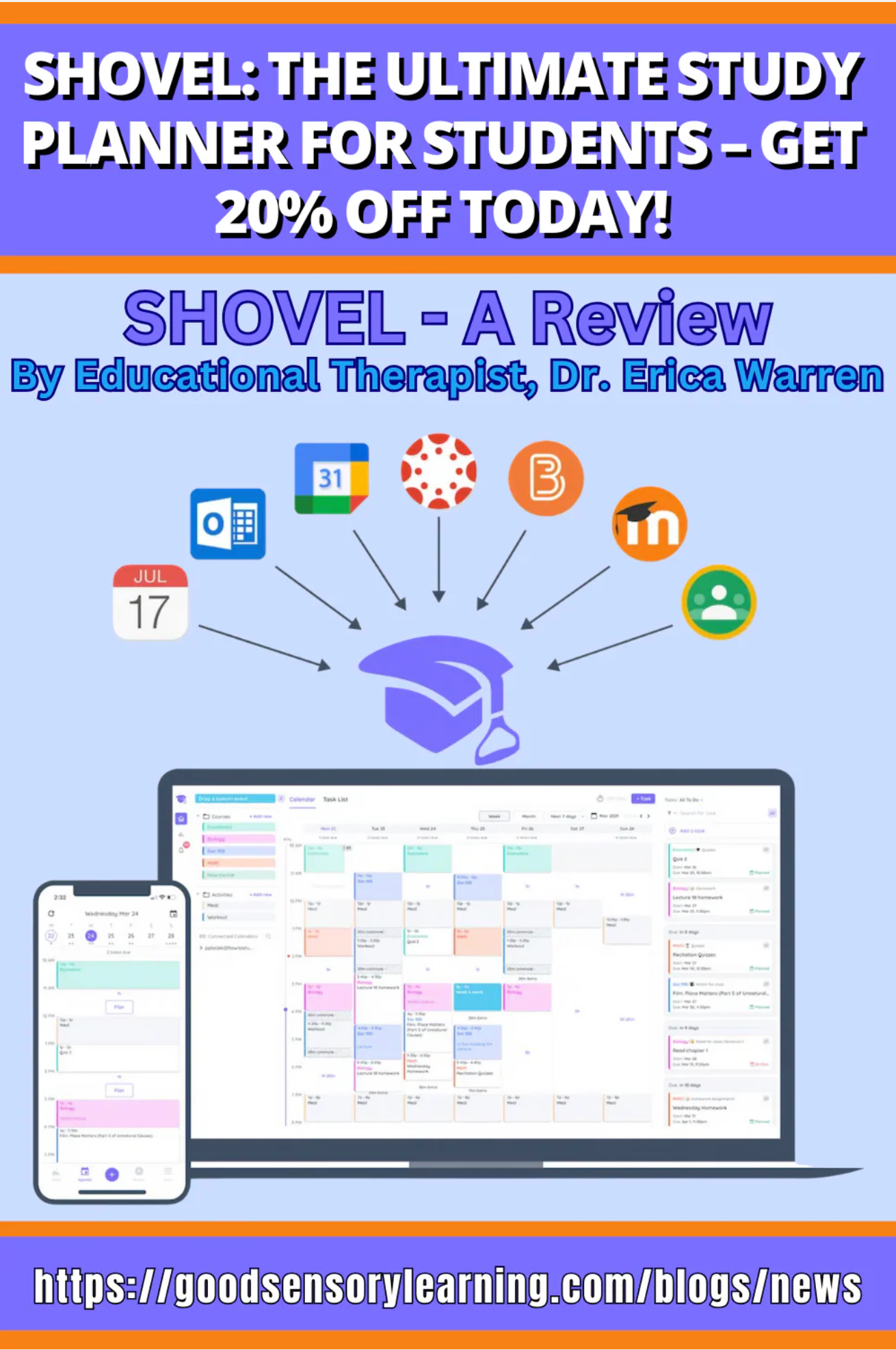7 Ways Students Can Use Their Inner Voice to Boost Grades

How Can a Student’s Inner Voice Impact Academic Performance?
The inner voice is a powerful cognitive tool that can either distract from learning or enhance a student’s focus and academic performance. It plays an integral role in working memory, which is the brain's system for temporarily holding and processing information. In fact, research shows that working memory is one of the strongest predictors of academic success, particularly in reading, math, and other key areas of learning—regardless of a student’s overall intelligence.
Working memory relies on both verbal rehearsal (the inner voice) and mental imagery (the inner eye or visualization). These two cognitive processes help students retain, process, and recall information, making it easier to understand complex concepts, follow multi-step directions, and retain knowledge during exams.If students learn to control their inner voice—turning it from a critical, distracting force into a positive, encouraging coach—they can improve their attention span, boost their self-confidence, and achieve better results in school.
So, How Can We Help Students Manage their Inner Voice to Boost Academic Performance?
Here are seven strategies that educators, parents, and students can implement to harness the power of the inner voice for academic success:
1. Educate Students About the Power of the Inner Voice
Begin by helping students understand the concept of the inner voice and its influence on attention, memory, and emotional well-being. Teach them that by consciously managing their self-talk, they can improve their focus, motivation, and performance in school. Introduce them to mindfulness techniques that promote self-awareness and mental discipline, so they can become more aware of their thoughts and guide their inner dialogue in a positive direction.
2. Model Positive Self-Talk by Thinking Aloud
One of the best ways to teach students about managing their inner voice is to model it in real-time. As a teacher or parent, practice thinking aloud when you encounter challenges. For example, share a negative thought like, “I’m worried I won’t finish grading these papers on time,” and then demonstrate how to reframe that thought into a positive affirmation, such as, “I’ll prioritize my tasks and tackle them step by step.” By vocalizing this process, you show students how to manage their own self-talk and replace self-doubt with self-empowerment.
3. Help Students Tame Their Inner Critic
The critical inner voice can be harsh and self-limiting, feeding feelings of inadequacy or fear of failure. Help students recognize their negative thoughts, analyze the root causes, and consciously change their inner dialogue. Encourage them to replace the inner critic with a more compassionate, constructive voice—one that encourages them to take on challenges, persist through difficulties, and celebrate small successes along the way. For example, when a student thinks, “I’m not good at math, I’ll never pass this exam,” guide them to replace it with, “I can improve my math skills with practice, and I’ll do my best to prepare for the exam.”
4. Encourage a Positive, Growth-Oriented Inner Voice
5. Promote Journaling as a Tool for Self-Reflection and Positive Thinking
6. Facilitate Group Discussions About Challenges and Solutions
7. Teach Students to Rehearse Information Using Their Inner Voice

Cheers, Erica
Dr. Erica Warren is the author, illustrator, and publisher of multisensory educational materials at Good Sensory Learning. She is also the director of Learning to Learn and Learning Specialist Courses.
- Blog: https://goodsensorylearning.com/blogs/news
- YouTube Channel: https://www.youtube.com/user/warrenerica1
- Executive Function Podcast: https://goodsensorylearning.com/pages/the-personal-brain-trainer-podcast-with-dr-erica-warren
- Store: http://www.Goodsensorylearning.com/
- Courses: http://www.learningspecialistcourses.com/
- Newsletter Sign-up: https://good-sensory-learning.kit.com/drericawarren




Leave a comment
This site is protected by hCaptcha and the hCaptcha Privacy Policy and Terms of Service apply.